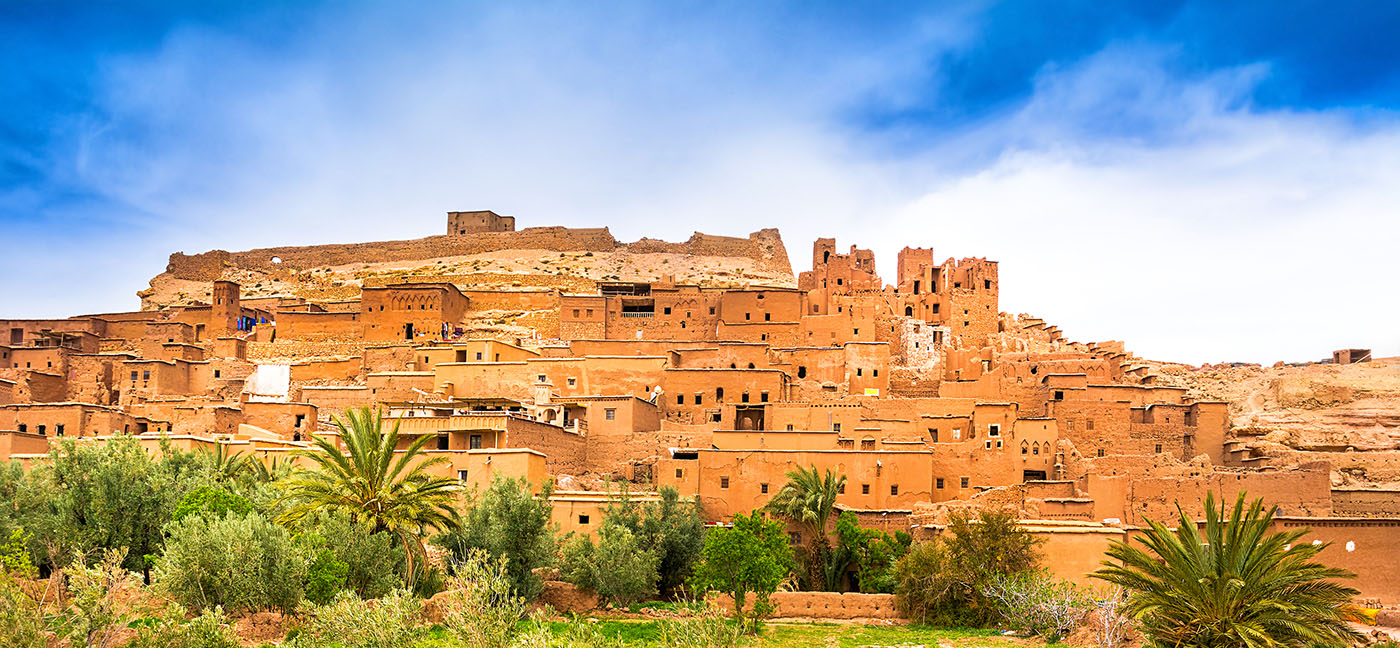
Brahim El Guabli argues that Morocco's disaster survivors must be able to communicate in their mother tongue.
25 SEPTEMBER 2023 • By Brahim El Guabli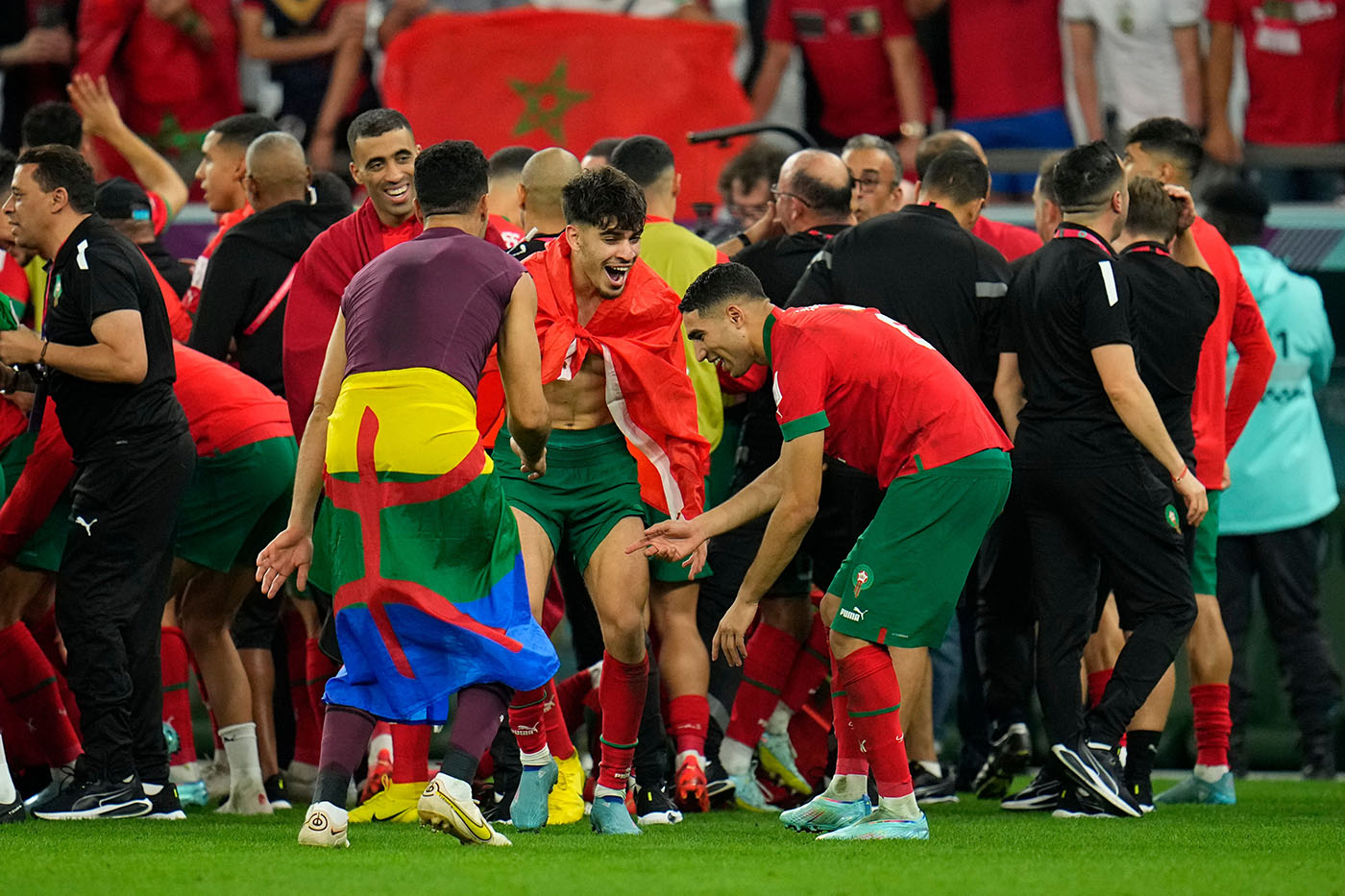
A Black and Amazigh Indigenous scholar from Morocco, Brahim El Guabli sees Amazigh identity as embracing "unity based...
9 JANUARY 2023 • By Brahim El Guabli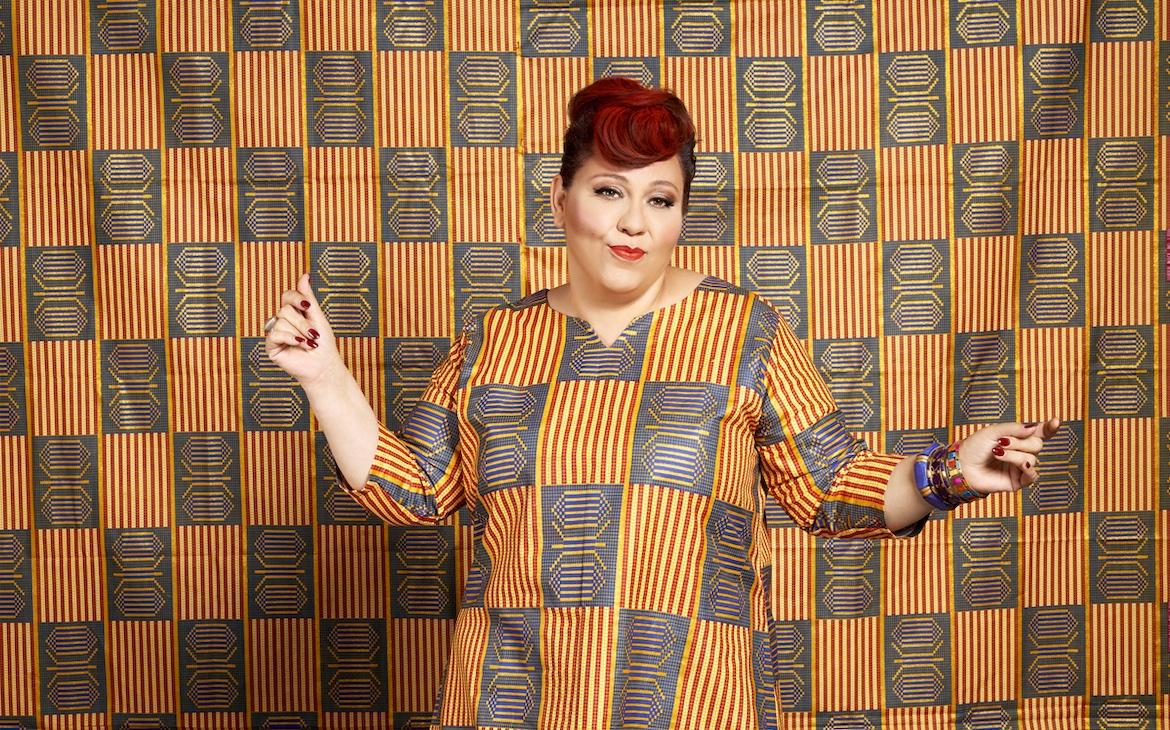
For her 11th TMR music column, Melissa Chemam interviews the Algerian-French diva Samira Brahmia.
19 SEPTEMBER 2022 • By Melissa Chemam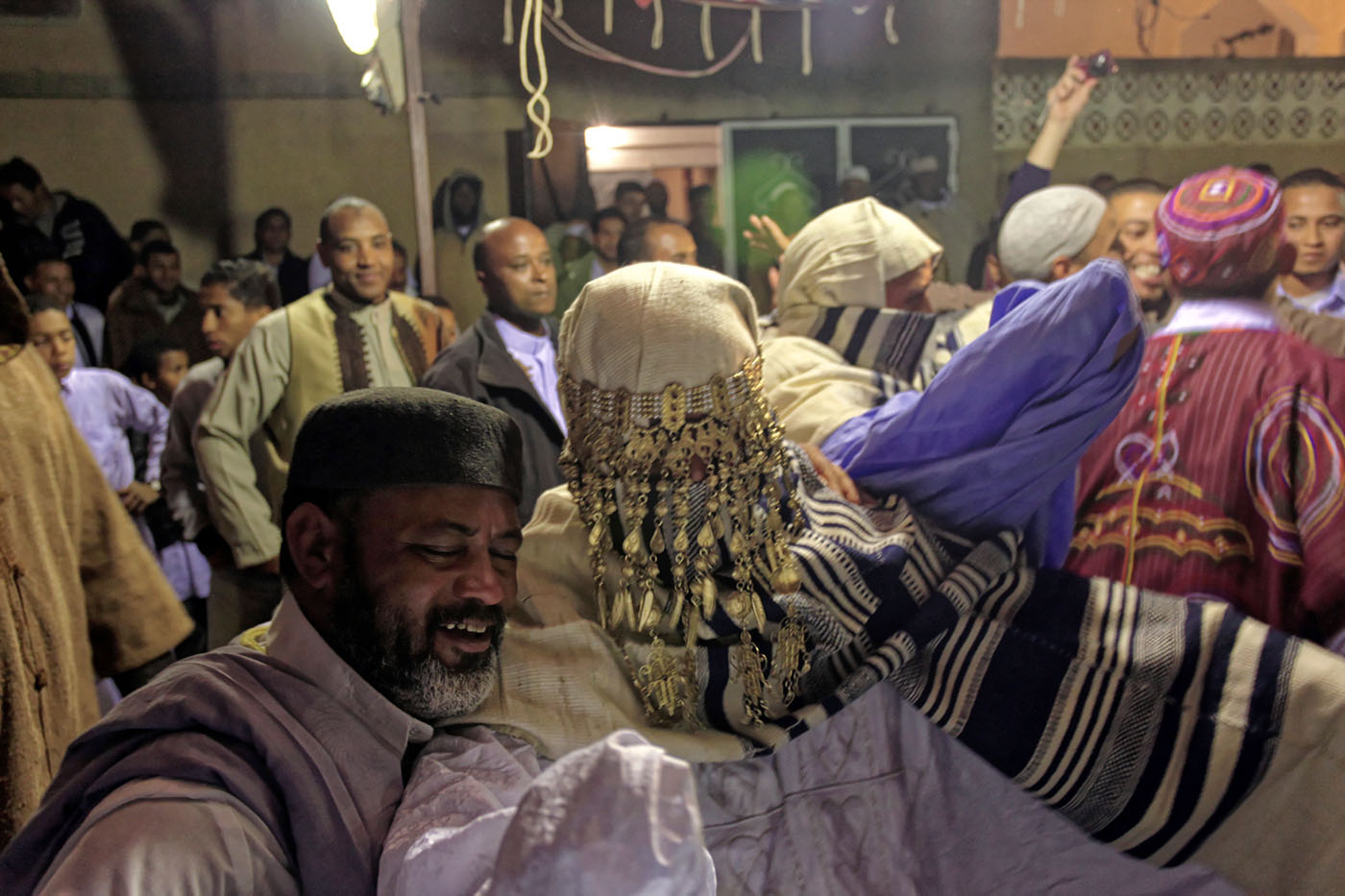
Iason Athanasiadis reviews the new Ibrahim al-Koni translation of a story that recounts Islam's conquest of North Africa.
5 SEPTEMBER 2022 • By Francisco Letelier
Brahim El Guabli explores his Amazigh roots while championing the struggle of all indigenous peoples.
6 JUNE 2022 • By Brahim El Guabli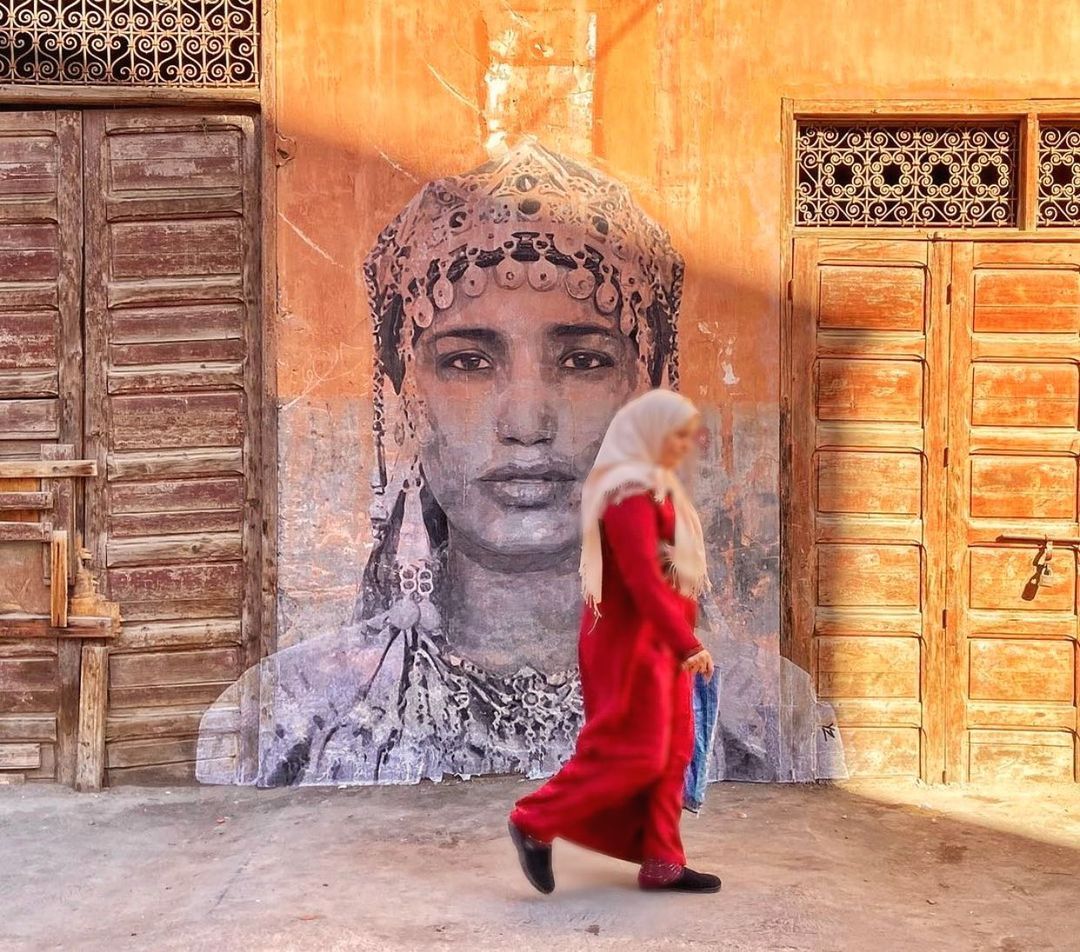
Brahim El Guabli I am Amazigh, Black, and Sahrawi. Amazigh language is my mother tongue. My mother...
15 SEPTEMBER 2021 • By Brahim El Guabli
In this excerpt from the Amazigh-Moroccan novel "Cactus Girls" by Karima Ahdad, a fierce small-town girl from the...
15 SEPTEMBER 2021 • By Monique El-Faizy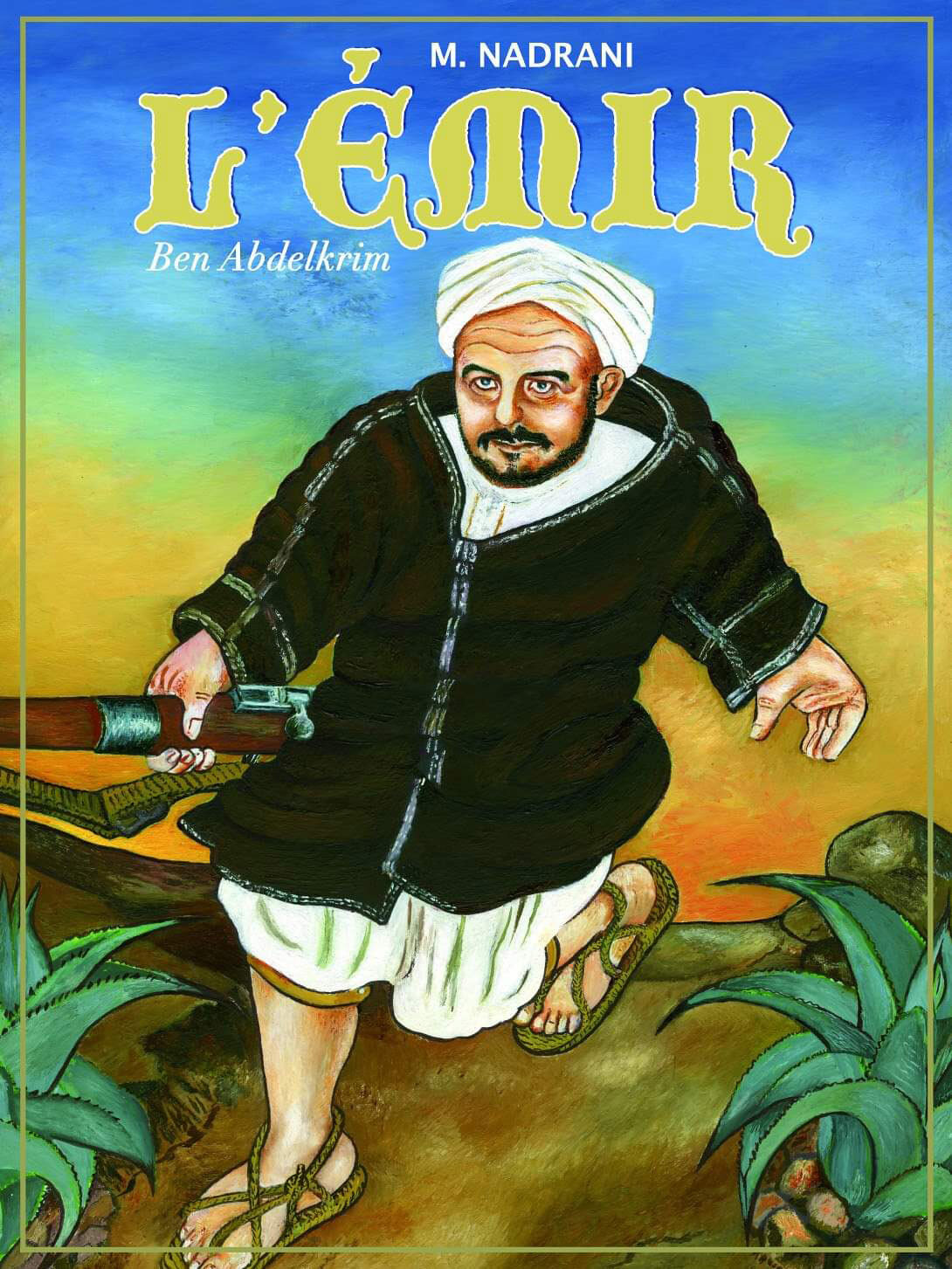
Brahim El Guabli writes about the Amazigh leader and resistance fighter Abdelkarim who inspired great Moroccan graphic novels.
15 AUGUST 2021 • By Brahim El Guabli